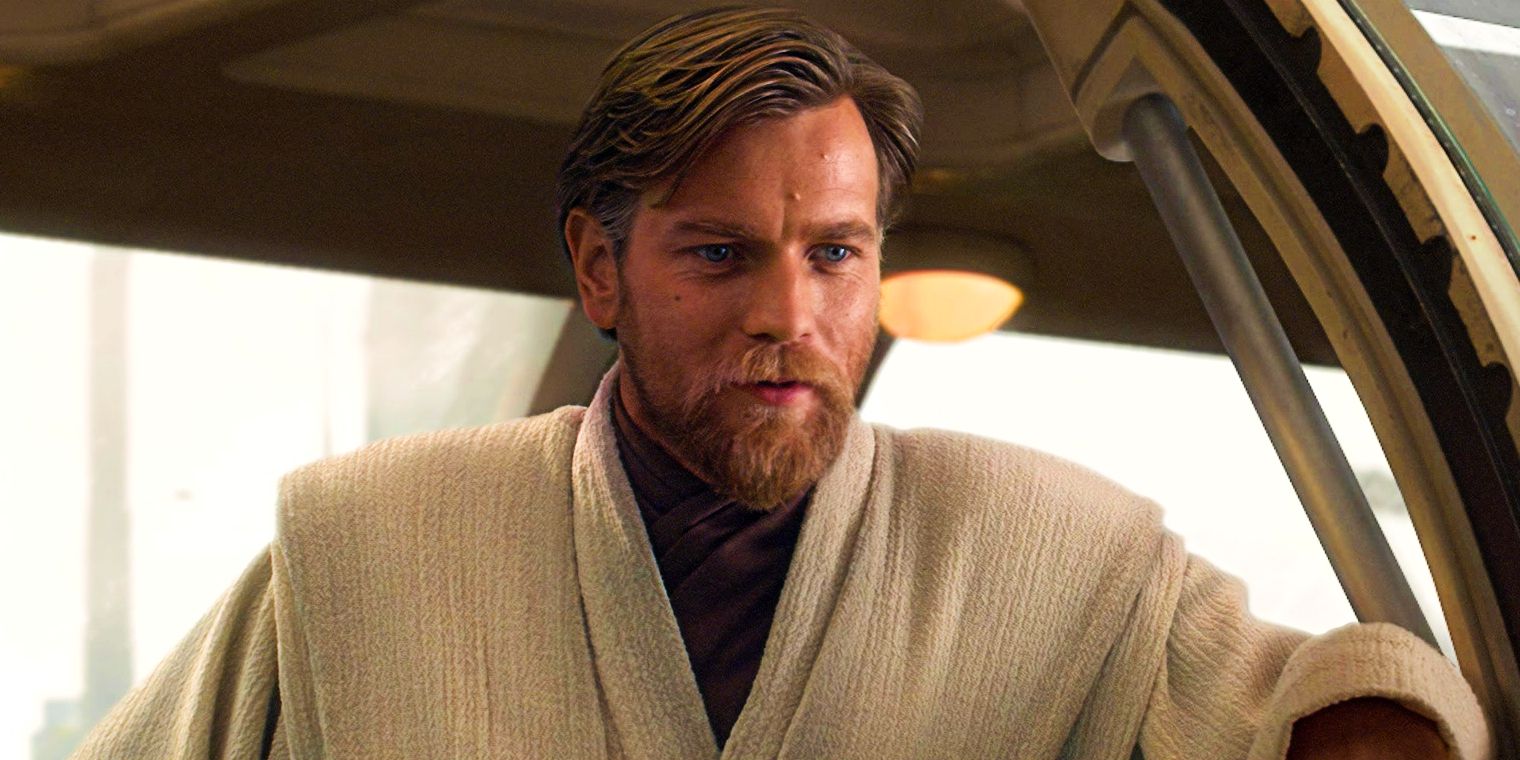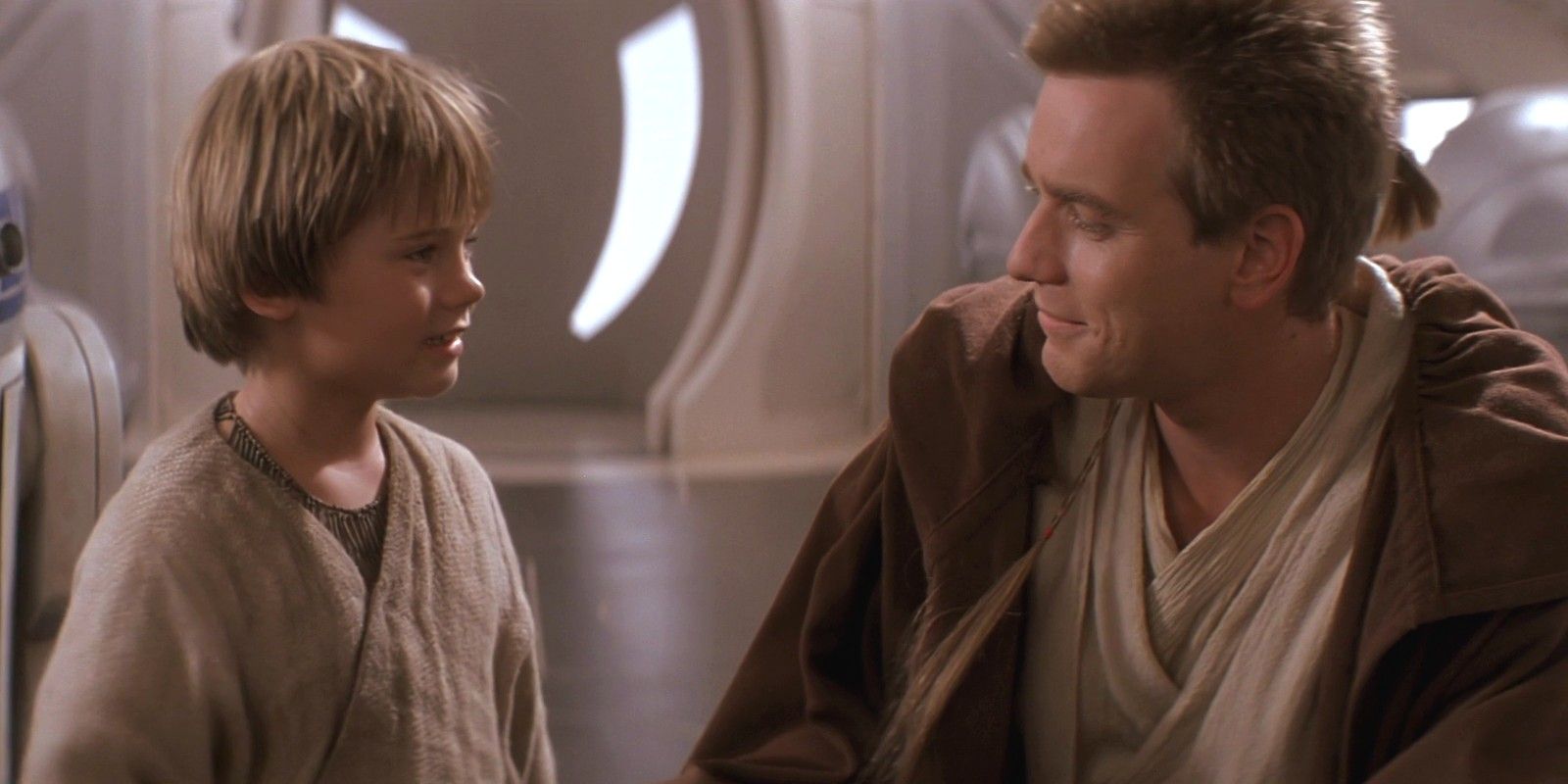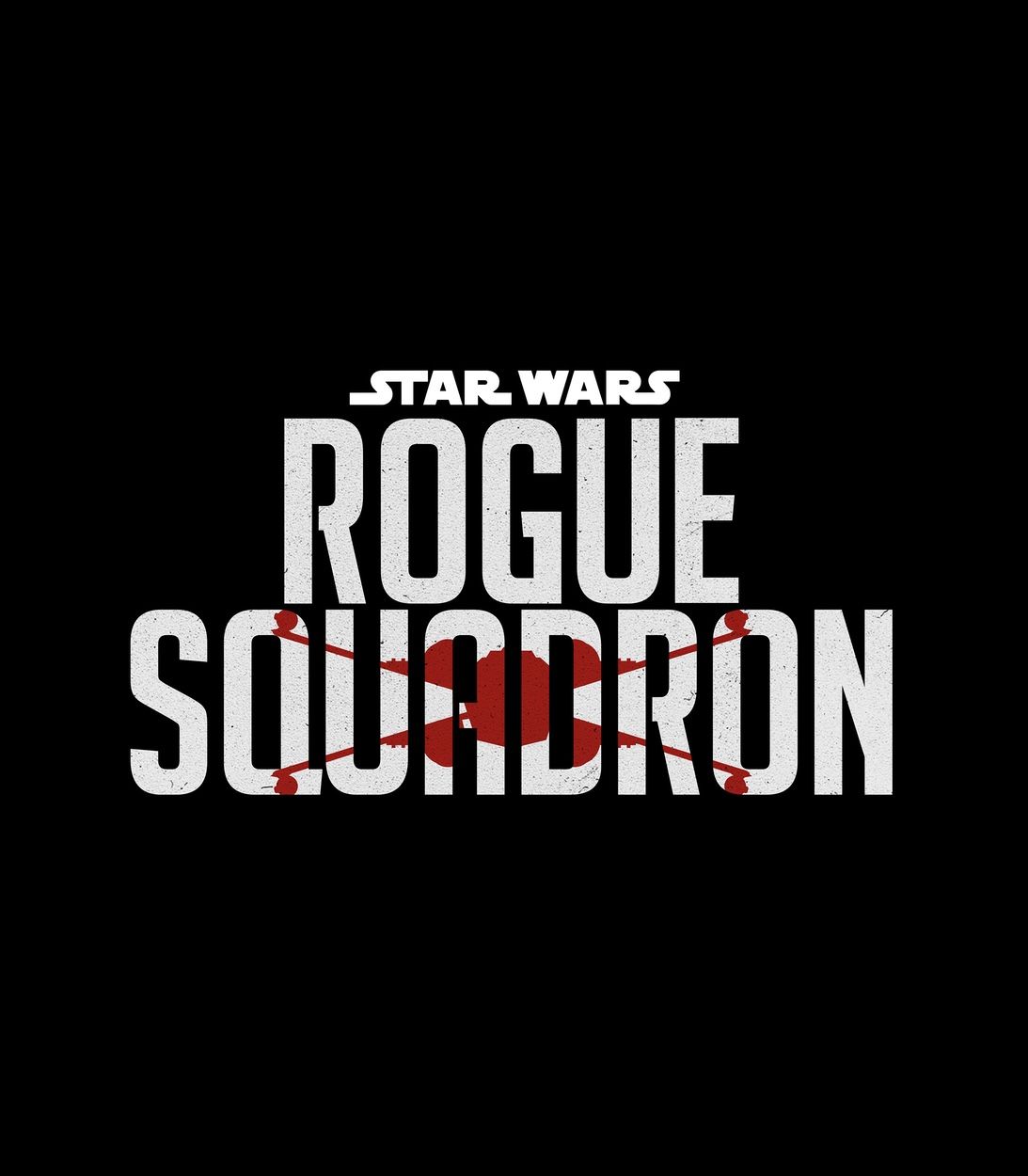Ewan McGregor suggests that critics panned the Star Wars prequel films because they weren't like the original films of their childhood. McGregor is well known for having starred in the Star Wars prequel trilogy that was released between 1999 and 2005. The series predominantly followed Obi-Wan Kenobi (McGregor) and Anakin Skywalker (Hayden Christensen), tracking Skywalker's journey from when he was a young slave boy to when he betrayed the Jedi Order and turned to the dark side. The prequels were released after the original Star Wars trilogy, which released between 1977 and 1983 and followed Luke Skywalker (Mark Hamill), Leah Organa (Carrie Fischer), and Han Solo (Harrison Ford) as they rebelled against the Galactic Empire.
While the original trilogy received mostly positive reception, the prequel trilogy received largely mixed reviews. Many slammed it as a poor follow-up to a successful film series. However, in recent years, the prequels have definitely had a bit of a reappraisal, which is especially pronounced with such works as Disney+'s Obi-Wan Kenobi miniseries harkening back to them. Even when they were released, the criticism of the prequels has always been a bit divided between generations.
In an interview with GQ, McGregor theorizes that critics panned the Star Wars prequels simply because they weren't the films they grew up with as children. After all, many of the people criticizing the prequel movies had been a mere 7- or 8 years old when they watched the originals. McGregor suggests they wanted a more nostalgic prequel series that made them feel as they did when they were a child, and were upset when they got a series that was markedly different. Check out his statement below:
I think the critics just wanted to feel like they were seven or eight again, and they didn't get that. So I was left with that [reaction] for years and years, and it took [until I started] meeting people, and I realized how important our films have been to them.
McGregor certainly proposes a solid theory to explain how age may have factored into criticism. It is pretty widely accepted that the Star Wars prequel trilogy is very different from the original movies. The prequels' visual effects, cinematography, perspective, tone, and themes are all uniquely their own. After all, the trilogies released two decades apart and truly couldn't be expected to be too similar, as filmmaking techniques had changed drastically. McGregor's theory acknowledges these differences, but challenges the idea that different is bad. It also provides a little more understanding for those who are harsh when it comes to the prequels, considering how much the originals meant to them.
Ultimately, McGregor's Star Wars prequels theory provides unique insight on how reception of a film franchise changes over time. The prequel trilogy may not have been executed perfectly, but perhaps the criticism was too harsh for its shortcomings and exaggerated by expectations. Whether this was the primary issue or not, it does suggest a necessity for films to find a balance between nostalgia and uniqueness. Viewers want a story that both revisits and expands upon the universe they know and love. The Star Wars prequels told them a story they already knew, but in a tone vastly different from the original trilogy. From this perspective, it isn't too difficult to see the mixed feelings viewers at the time might've had. As the Star Wars franchise continues growing and reaching new generations, there will likely always be a unique divide between the reception of older and newer generations.
Source: GQ Magazine



